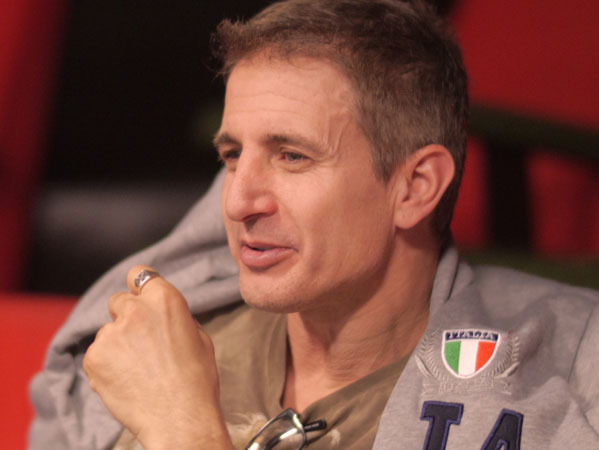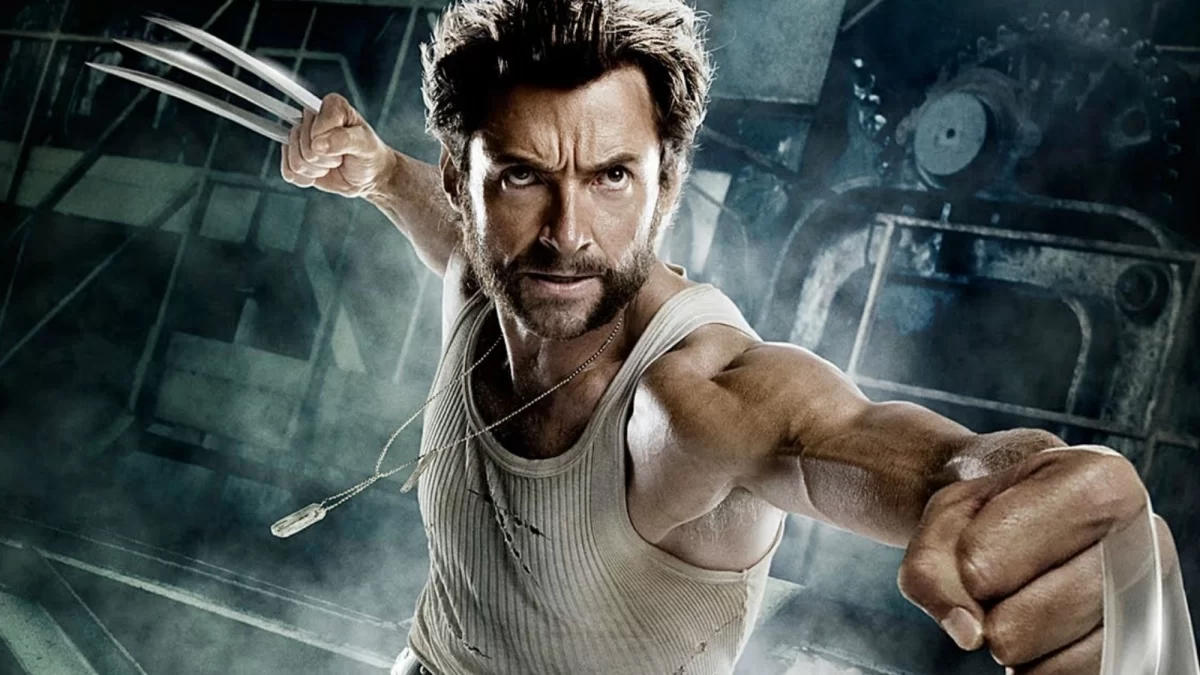Determining If You Have What It Takes to Be an Actor

If you’ve ever dreamed of seeing yourself on the silver screen or have a passion for performing, you may wonder if you have what it takes to be a professional actor. While you may have a flair for the dramatic, the reality is that there is much more to being an actor than it appears.
So what does it take to be an actor? How do you know if you have what it takes? In this guide, we’ll delve into the details so you can work out if it truly is the career path you wish to follow.
Can Anyone Become An Actor?
With enough dedication and persistence, anyone can pursue acting as a career. However, just as with any job, some people are better suited to it than others. Extroverts tend to make great actors as they are naturally very expressive and confident, but this is not to say all actors are extroverts.

Acting is a learned skill that is bolstered by natural talent but something that everyone can enjoy regardless of whether they simply want to act in community theatre or head to Hollywood. Much of your success will come down to persistence, dedication and a willingness to learn.
Personal Attributes
One of the best ways to determine if acting is for you is to think about your personality. While it is true, as mentioned above, that many skills can be learned, it helps if you have a natural predisposition towards certain things.
Most actors will possess:
Confidence
If you are a shy person who hates being the centre of attention, then acting is not going to be an easy choice of career. This is not to say that actors never feel nervous, but you will need to be able to put this aside quickly and not let it negatively impact your performance.
You are ideally someone who loves performance and being in the spotlight, this not only helps you deliver great performances, it helps you remain dedicated to what can be a tough career choice.
Creativity
Compelling actors make a role their own, they must be creative and know how to interpret a character’s feelings and motives in a way that will captivate an audience and do justice to the script.
Great Comprehension
If you hate reading and interpreting information then acting is not for you! Being able to immerse yourself in a script and look beyond the writing to understand the story and character is essential to being a great actor and delivering a compelling performance.
Speaking Skills
You could be the best physical actor and capable of conveying emotion beautifully through your expressions but if you lack a strong, clear speaking voice, you’re going to struggle.
Actors, particularly those in theatre, must enunciate their words clearly and be able to project their voices so the audience can easily understand them. There are ways to learn how to do this without straining your voice and give you confidence in delivering your lines clearly.
Patience
Being part of a production, whether on stage or for a film, you have to be prepared to be patient. Repeating scenes again and again until the director is happy with them, waiting around between scenes, dealing with long days and more, patience is a key attribute of great actors.
A Great Memory
Chronically forgetful? Struggle to remember even short speaking parts? If so, then you’re either going to have to be committed to learning how to memorise efficiently or struggle to keep on top of your lines.
All actors forget or flub their lines from time to time, but if you do this repeatedly, you’ll soon find your opportunities as an actor begin to dry up.
Physical & Mental Stamina
Long days, a repeat performance on the same day, hot lights, heavy costumes, highly physical performances and more can all take their toll. Actors must be physically fit and have the necessary mental fortitude to juggle the demands of acting.
Resilience & Persistence
Actors need to be prepared to put themselves out there in various situations that can be very confronting, emotionally draining and challenging. You will be judged on your performances, facing criticism and rejection from professionals and audiences alike.
If you do not handle criticism or rejection well, acting is definitely not for you! Successful actors push past the discomfort and hurt they feel in these situations and use it to fuel the development of their skills.
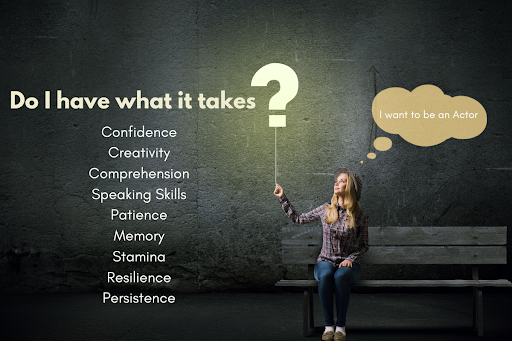
Training
Aside from having some natural attributes that are suited to acting, education and training are essential. No matter how much natural talent you have, willingness to learn and develop these skills is key to becoming a great actor.
All great actors from Cate Blanchett to Brad Pitt have trained and continue to train with acting coaches. Even once you are established and picking up regular work, it is important to remain humble and pursue ongoing training.
Producers, directors and casting agents appreciate actors who continue to hone their craft as this demonstrates commitment. These traits can be indicative of an actor that will take direction well.
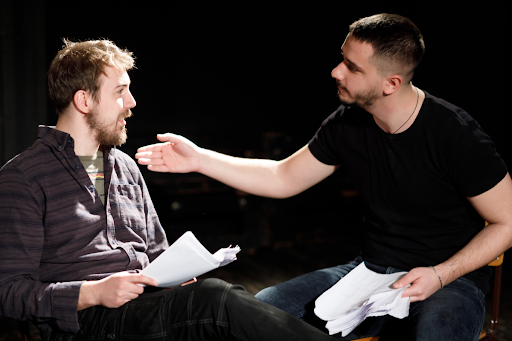
How To Get Started
If you believe you have what it takes to be an actor and are ready to take steps towards becoming a professional, The Actors Pulse can help. As the Southern Hemispheres’ leading school for the Meisner Technique, we support actors of all ages, abilities and experiences to refine their skills and learn new ones.
With a strong focus on screen acting and audition techniques, we are passionate about supporting our students to pursue careers in the film, television and theatre industries. Our systematic, genuine and step-by-step process ensures you are equipped with the skills needed to enhance and develop your acting for exceptional performances.
Regardless of whether you have experience or perceived natural attributes that support a career in acting, we’re here to help you achieve your acting dreams.
To learn more or book one of our in-person or online acting courses, simply call 0414 475 515 today.
Start today!
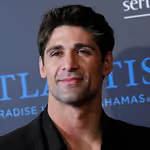

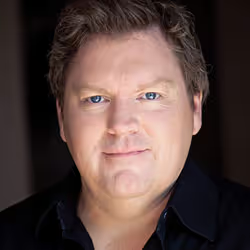


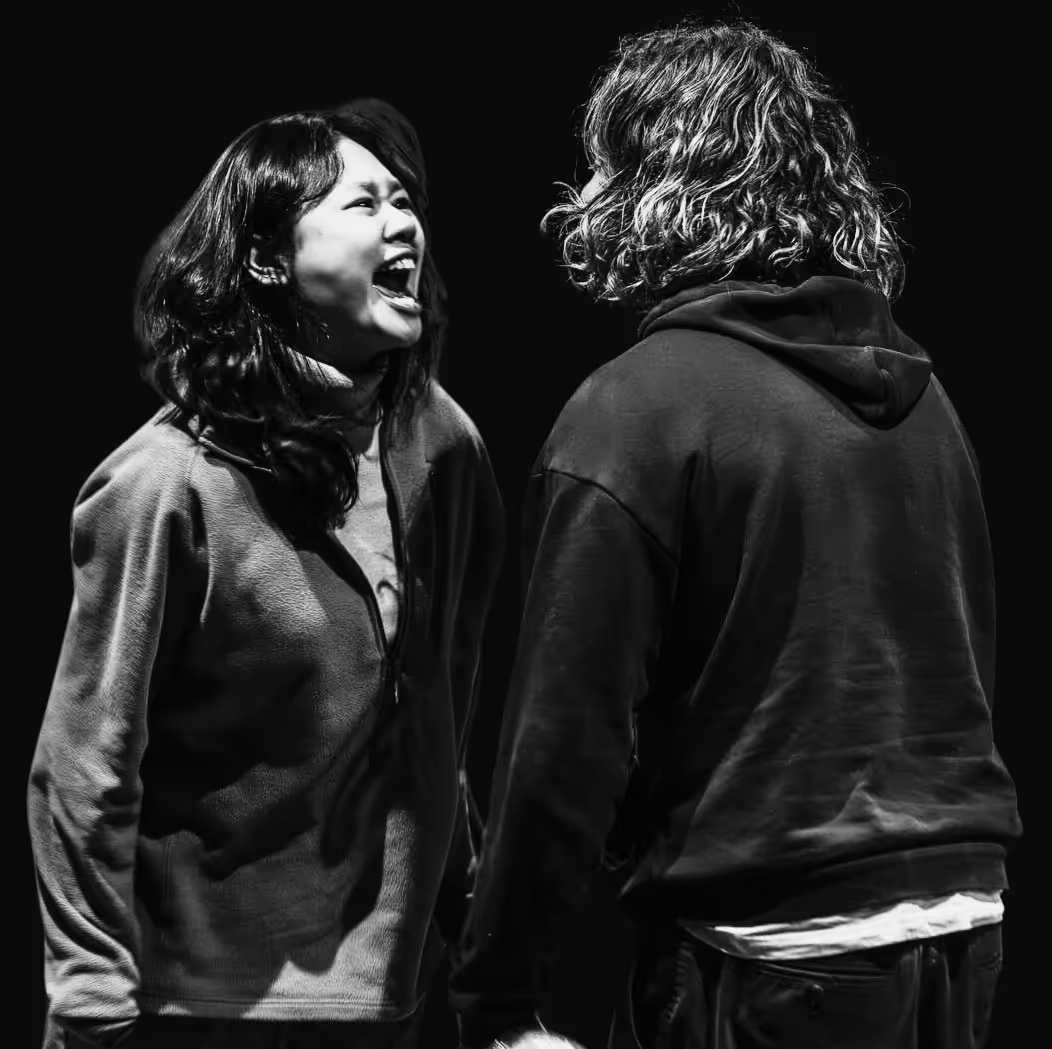



Contact Us
Get in touch with us using the form or details below. We look forward to hearing from you!




